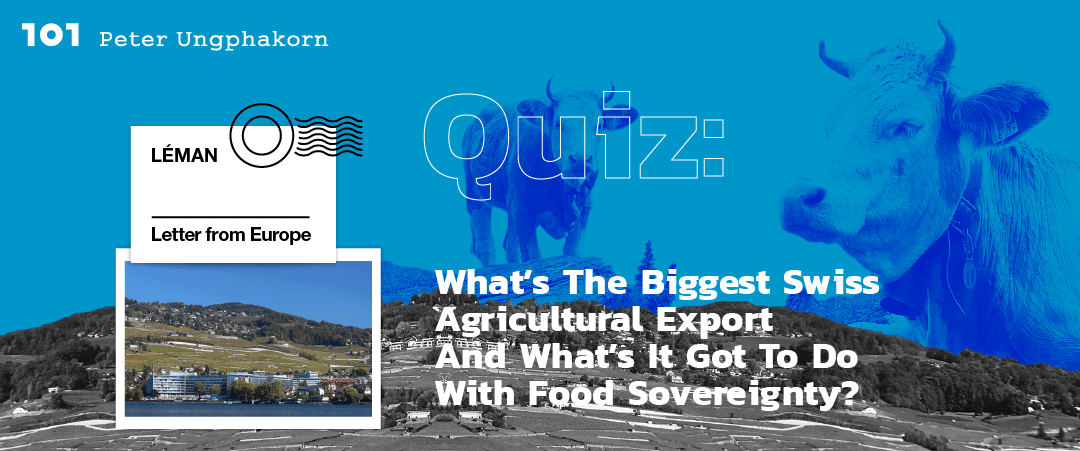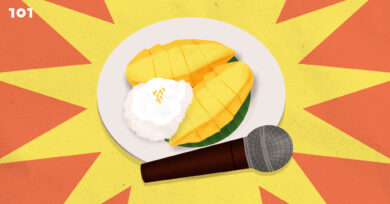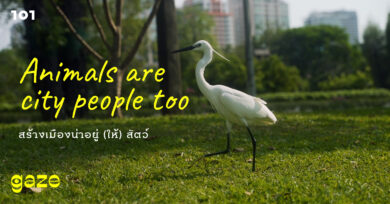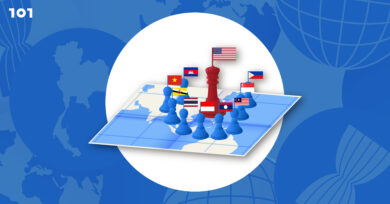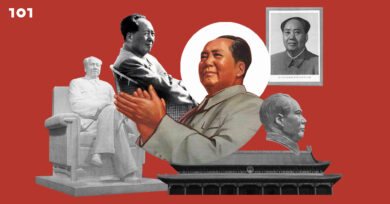Peter Ungphakorn
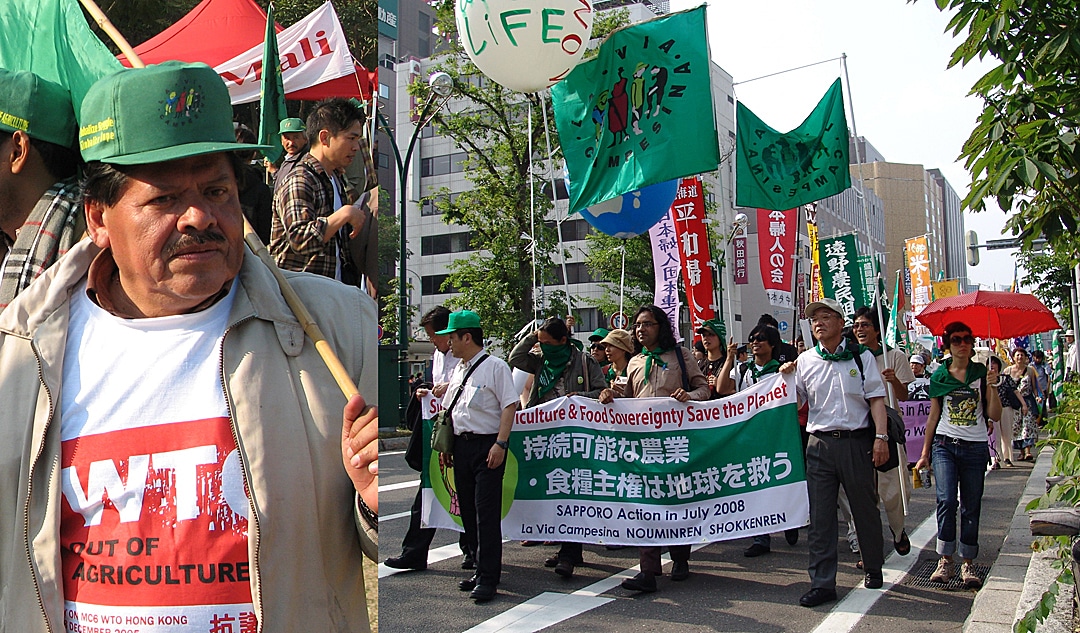
UPDATE: As expected, the proposal on cyclists’ rights passed overwhelmingly. The two on agriculture and food failed, also overwhelmingly to win a majority of votes nationally, and a majority of the cantons. The results are here.
It’s September and that means this year’s third set of Swiss referendums — or more accurately popular votes — approach, on Sunday September 23 (2018).
Two of the three topics up for a vote are about agriculture. So this is a good opportunity for another quiz about Switzerland:
What’s Switzerland’s largest agricultural export product, and how will the vote affect it?
All will be revealed.
Technically, two of the three national ballots are popular initiatives and one is the government’s counter-proposal to a popular initiative. One proposal is a real enigma. It calls for “food sovereignty for everyone” in Switzerland. More shortly.
Of the other two, the first is about changing the constitution to give cyclists the same rights as pedestrians, meaning a constitutional obligation for the government to develop principles for providing bicycle lanes and paths.
This was originally a popular initiative, but the government is submitting to the vote a “counter-proposal” — accepted by the original sponsors and supported by Parliament — which encourages (rather than obliges) the government to promote cycle lanes and paths and leaves some room for the cantons to set their own policies.
Only one party, the far-right Swiss People’s Party opposes this, and the proposal may well pass.
The second is about “fair” and sustainable food production — another constitutional amendment, this time requiring the government to promote good quality, reliable food that has been produced with respect for the environment, resources and animals, and under fair working conditions.
The government opposes this initiative arguing that Switzerland already meets many of the principles and that applying some others to imports could violate the agreements of the World Trade Organization (WTO).
One example would be banning imported eggs from battery hens. In practice, Swiss consumers already largely buy free range eggs as their preferred choice even when imported battery-produced eggs are available.
This initiative was also rejected by both houses in the national Parliament and nationally by all parties except the Greens. The picture is different in the cantons, however. For example, in Vaud (capital Lausanne), only two centre-right parties oppose it.
Food and agriculture feature frequently in Swiss popular votes. Only a year ago a constitutional amendment on food security was passed. Two more topics are due to go to the vote in November.
This time, opinion polls suggest voters’ intentions are changing quickly. In August 64% were in favour of the cycling initiative and a massive 78% for “fair food”. By mid-September support for the cycling proposal had strengthened slightly, but for “fair food” it had slumped to 53%. Since both are constitutional changes, they will also need to pass in a majority of cantons as well.
Agree or disagree, both of those are easier to understand.
But what about “food sovereignty”? What does it mean, and does it make sense?
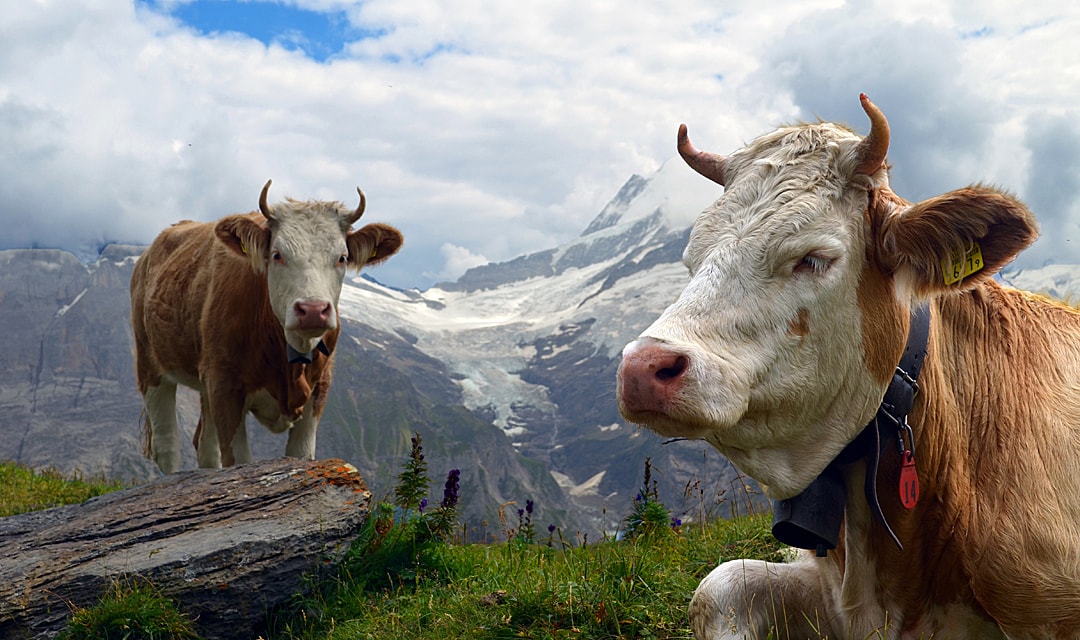
The food sovereignty initiative
First, the Swiss initiative. Described as one of the longest texts put to voters in the history of Swiss direct democracy, the proposed constitutional amendment would require considerable government intervention in agriculture, with an emphasis on small-scale, local production and environmental protection.
And that, in turn would require much more intervention in Swiss agricultural trade, including tariffs (taxes) or outright bans on imports that don’t meet Swiss food sovereignty standards. It would mean considerable changes to the Swiss economy.
More specifically, under the initiative, the government would have to encourage an increase in the number of small farmers to counter the present decline.
It would have to isolate agriculture from the price volatility of domestic and international markets, from the pressure of international competition, and from the power of multinational food and agriculture corporations, including Switzerland’s own Nestlé. It would ban export subsidies.
It would emphasise job creation, good salaries and working conditions, and ban genetically modified organisms (GMOs).
Both the national government and the national Parliament oppose the initiative. The government (the Federal Council) argues that the initiative plays down what has already been achieved since 1990 in improving agricultural conditions through better market orientation and other measures.
It warns that some proposed changes would increase costs and decrease the range of foods available for consumers, limiting their choices.
Food in Switzerland is already expensive as a result of one of the most heavily protected and subsidised agricultural sectors in the world — well over half of farmers’ incomes is directly and indirectly the result of government policies, according to the Organization for Economic Cooperation and Development (OECD). Fears of increased costs seem to be behind the decline in voters’ support.
The government also warns that some of the proposals would violate international treaties such as in the WTO and cause other countries to react.
And it adds that Switzerland is already going to scrap its agricultural export subsidies from 2019 — now only available for chocolate and other products containing milk — under a decision reached among all WTO members in 2015.
The main Swiss farmers’ organisation is abstaining on the issue.
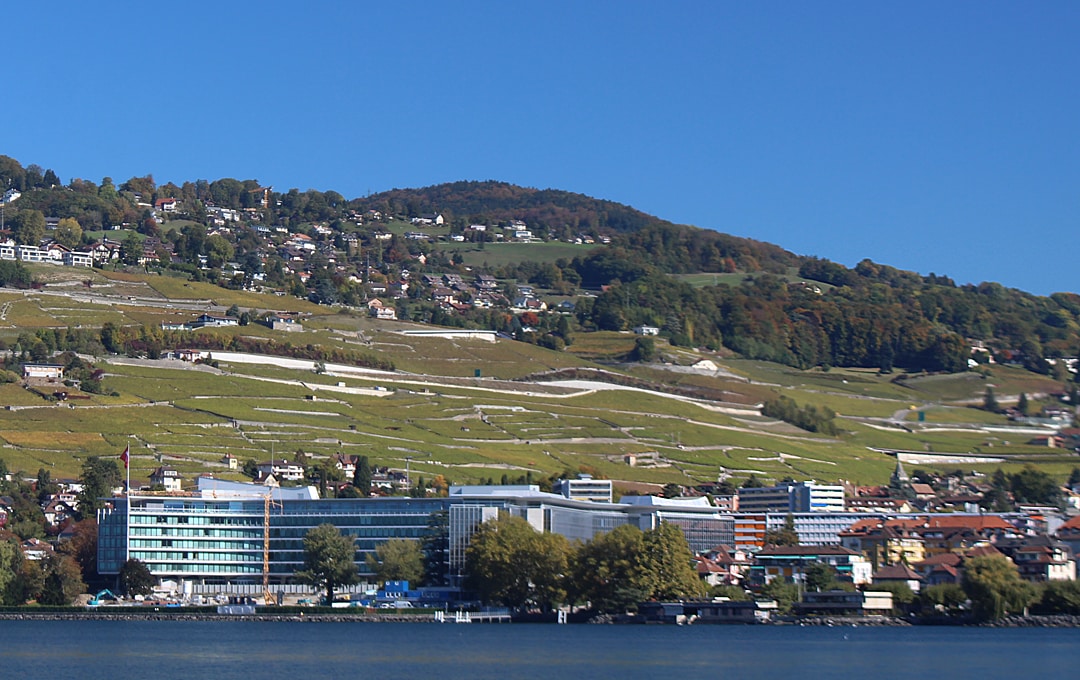
Swiss agriculture
Back to the quiz. What is Switzerland’s largest agricultural export product? If you didn’t know already, you’d never guess. It’s … coffee.
Not one single bean is grown in Switzerland, except perhaps in a botanical garden greenhouse. No, the reason why coffee is now top of the list is because of everything the food sovereignty initiative opposes — liberalised (but not “free”) trade, market forces, industrialisation and multinational corporations.
Switzerland imports the beans. It roasts and grinds them, and then packs them into little capsules with Nestlé’s brand-name, Nespresso. That’s what tops the country’s agricultural exports.
What the Bern government is warning about is this. If the constitutional amendment on food sovereignty led to an increase in import duties, or import bans, which could violate Switzerland’s commitments in the WTO, then other countries could react, eventually leading to retaliation against Swiss exports.
One target could be Nestlé’s Swiss-made coffee capsules. After all, other countries and other brands now make them, and Nestlé can make them outside Switzerland too.
Food sovereignty advocates would say “that’s fine”. The workers in the coffee capsule plants can go to work on the government-promoted farms and produce Switzerland’s own food and drink.
There are three problems with this. One is that agriculture, like all other sectors of the economy is becoming more efficient, meaning it uses less labour. Increasing labour productivity — how much each worker produces — is the key to increasing incomes, and in some areas it means employing fewer people, who then move to other activities. It is not easy for workers to leave industry and move to agriculture.
The second is that one of Switzerland’s most important agricultural sectors is dairy. And this also produces major exports, including cheese and the milk in Swiss chocolates. They would also be vulnerable to retaliation by other countries, and Swiss chocolate is already having to adapt to the loss of export subsidies.
The third is the loss to the Swiss economy and its citizens as a whole, from the loss of income from exports of coffee capsules, cheese and chocolate, if other countries do retaliate. So, on top of food costs rising, incomes could be held back by the restraint on trade.
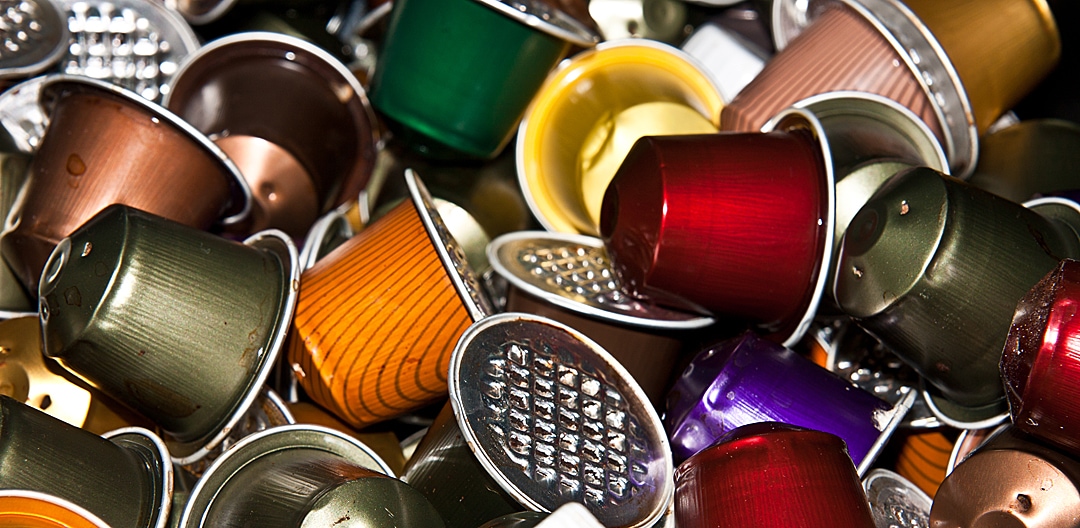
Internationally
In other words, the principles of “food sovereignty” sound good and many of them may already be in place. But if we look at how some others might work in practice, then the picture is not so clear, as we have seen.
Food sovereignty is a term coined by activists who have been campaigning since 1993 under the name La Vía Campesina, meaning the campesino way, or the peasants’ way. It describes itself as “an international movement which coordinates peasant organizations of small and middle-scale producers, agricultural workers, rural women, and indigenous communities from Asia, Africa, America, and Europe”.
Wikipedia says: “it is a coalition of 182 organisations in 81 countries, advocating family-farm-based sustainable agriculture. […] La Vía Campesina has carried out a campaign to defend farmer’s seeds, a campaign to stop violence against women, a campaign for the recognition of the rights of peasants, a global campaign for agrarian reform, and others.”
The Swiss initiative draws on many of these points. But although many Swiss farms may be small scale compared to those in the US or even France, modern farmers are not exactly peasants even though they are called “paysans” in French.
From these principles, Vía Campesina campaigners want to scrap the WTO’s Agriculture Agreement. Unfortunately, they are factually wrong on many counts. Briefly, their biggest objection is the claim that the rules prevent developing countries from subsidising agriculture, while the rich countries are allowed huge amounts.
The fact is, developing countries are allowed to use all the subsidies Vía Campesina advocates, either because they are of the types allowed without any limit (such as for environmental protection or infrastructure, known in the WTO as “Green Box” subsidies), or because developing countries can support prices and output up to 10% of the value of production.
Almost no developing country can afford that amount of subsidy, certainly not for the whole of agriculture — sometimes support for one particular crop can exceed the 10% limit as happened with Costa Rica and Thailand on rice.
There are only a handful of exceptions, the most notable being China and India. Even though they have poor farmers, globally they are becoming significantly major exporters, partly because of their subsidies, and this has an impact on other countries.
Focusing on local markets and domestic production may not be the best way to honour the right to food either.
“We have poor farmers too. They need to be able to export in order to lift themselves out of poverty, and that means exporting to you” as one delegate put it in a WTO agriculture negotiation, directing the comment at another developing country.
The international debate is not just between rich and poor countries. It’s also between different groups of developing countries. On the defensive side are India, Indonesia, the Philippines, Kenya and many others. In favour of being able to export more freely are Uruguay, Paraguay, Pakistan, Thailand, Malaysia and more.
WTO agreements even allow countries the freedom to decide on farmers’ rights to use their own seeds.
All of which means much of this is down to a country’s domestic policies, not international rules.
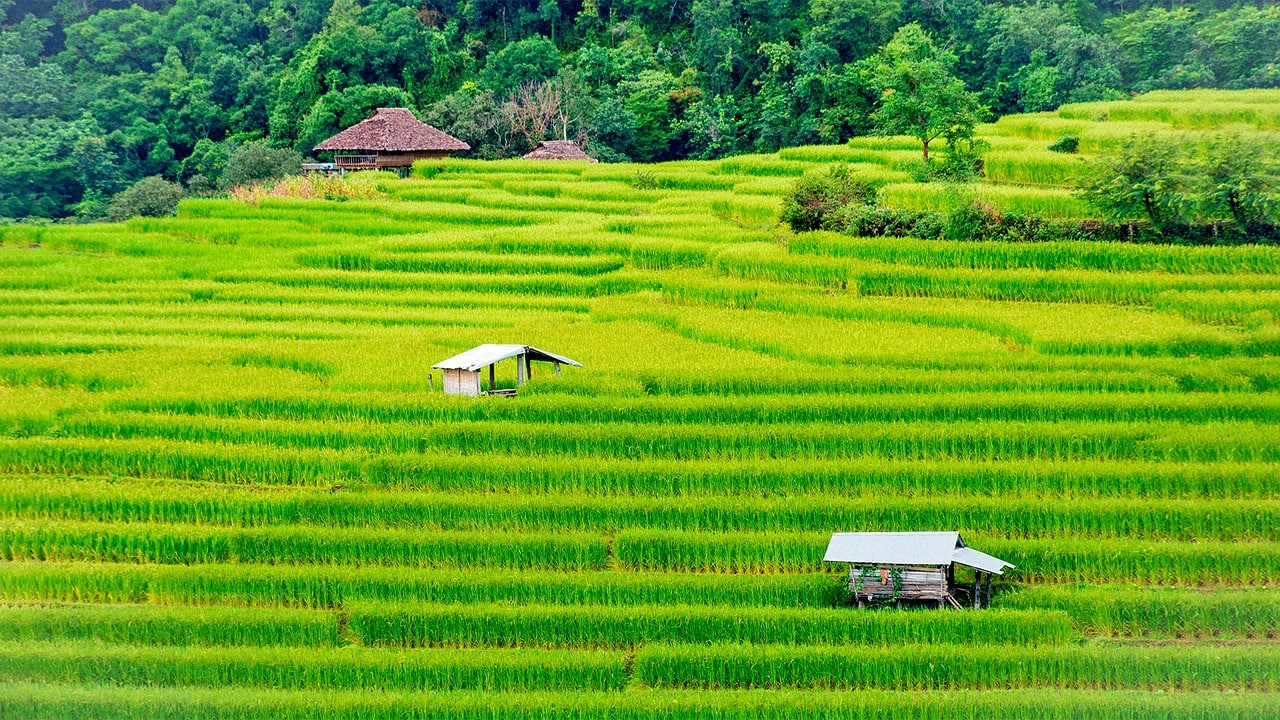
And sovereignty?
Where does “sovereignty” come in?
The definition of “sovereignty” is “supreme power or authority”. “National sovereignty” is “the authority of a state to govern itself or another state” — the sovereignty belongs to the nation. (Both from the Oxford English Dictionary.)
Even that definition raises problems in practice. When nations sign agreements with each other, they agree to curb some freedom to exercise authority.
The US is a WTO member, which means it signed WTO agreements, and these set limits the US’s freedom in trade policy. Anti-WTO politicians in Congress — even before the Trump presidency — have long complained that this reduces US sovereignty. (Some academics would argue that the US is still sovereign because it can decide its policies, within the limits of international treaties, and can also leave those agreements.)
A similar argument is heard in the Brexit debate, about whether the UK lost sovereignty when it joined the European Union.
In an interdependent world it’s sometimes more useful to give up some freedoms such as to drive on the wrong side of the road, or to fill the oceans with plastics or to empty them of fish.
It’s also useful to be able to buy fruit from across the world when they are out-of-season locally, or if we are unable to produce enough food for ourselves — because ours is a desert country like Saudi Arabia or a mountainous one like Switzerland. Which is one reason why we have international trade and international trade rules.
The same could be said of the rights of peasants and local communities.
The phrase “food sovereignty” is itself a bit odd. It’s not a parallel of “national sovereignty” — the supreme power is not given to food, but to an unnamed group of people. It’s actually pretty vague. The detail suggests this is about giving peasants or local communities authority over food, but it’s not spelt out, and even those descriptions raise questions — when does a peasant lose that status and become a rich if small-scale paysan?
And just as with any inter-dependent relationship, including international trade, the question is not about giving total authority to one group of people, but finding a balance that serves everyone’s interests.
That’s why Switzerland may prefer to export coffee in little capsules as a more effective way of respecting its population’s right to food.
Peter Ungphakorn is based on the shores of Lake Léman in Switzerland. He spent almost two decades with the WTO Secretariat, Geneva. Before that he worked for The Nation and the Bangkok Post. He now writes for IEG Policy on agricultural trade issues and blogs on trade, Brexit and other issues at https://tradebetablog.wordpress.com/. He tweets @CoppetainPU.
